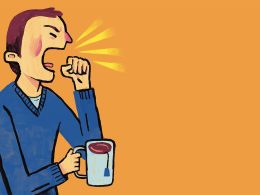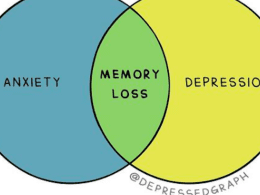Music has been used for centuries as a form of therapy, and it continues to be a powerful tool in promoting healing and well-being. Music therapy is a form of complementary medicine that uses music to address physical, emotional, cognitive, and social needs of individuals. It is a non-invasive, non-pharmacological approach that has shown promising results in various clinical settings.
The use of music in healing dates back to ancient times, where it was used in religious rituals and as a form of medicine. In the 20th century, music therapy became recognized as a formal discipline, and it is now used in various healthcare settings such as hospitals, rehabilitation centers, and hospices. It is used to help individuals of all ages with a wide range of conditions such as autism, dementia, depression, and chronic pain.
One of the benefits of music therapy is its ability to reduce stress and anxiety. Listening to music can have a calming effect on the body, and it has been shown to reduce the levels of stress hormones such as cortisol. Playing an instrument or singing can also be a form of stress relief, allowing individuals to express themselves creatively and emotionally.
Music therapy has also been shown to improve cognitive function in individuals with neurological conditions such as Parkinson’s disease and stroke. Research has found that listening to music can stimulate areas of the brain that are involved in memory, attention, and language. Music therapy can also help individuals with speech and communication difficulties, as singing and playing instruments can help improve vocal control and articulation.
In addition to its physical and cognitive benefits, music therapy can also have a significant impact on emotional well-being. It has been shown to improve mood and reduce symptoms of depression and anxiety. Music can also provide a sense of comfort and support for individuals going through difficult times such as grief or chronic illness.
One of the unique aspects of music therapy is its ability to connect people and facilitate social interaction. Group music therapy sessions can provide a sense of community and belonging, allowing individuals to connect with others through a shared experience. This can be particularly beneficial for individuals with social anxiety or those who are isolated.
Overall, music therapy is a powerful tool that has the potential to improve physical, cognitive, and emotional well-being. While more research is needed to fully understand its mechanisms of action, it is clear that music has a unique ability to heal and connect people in profound ways.












